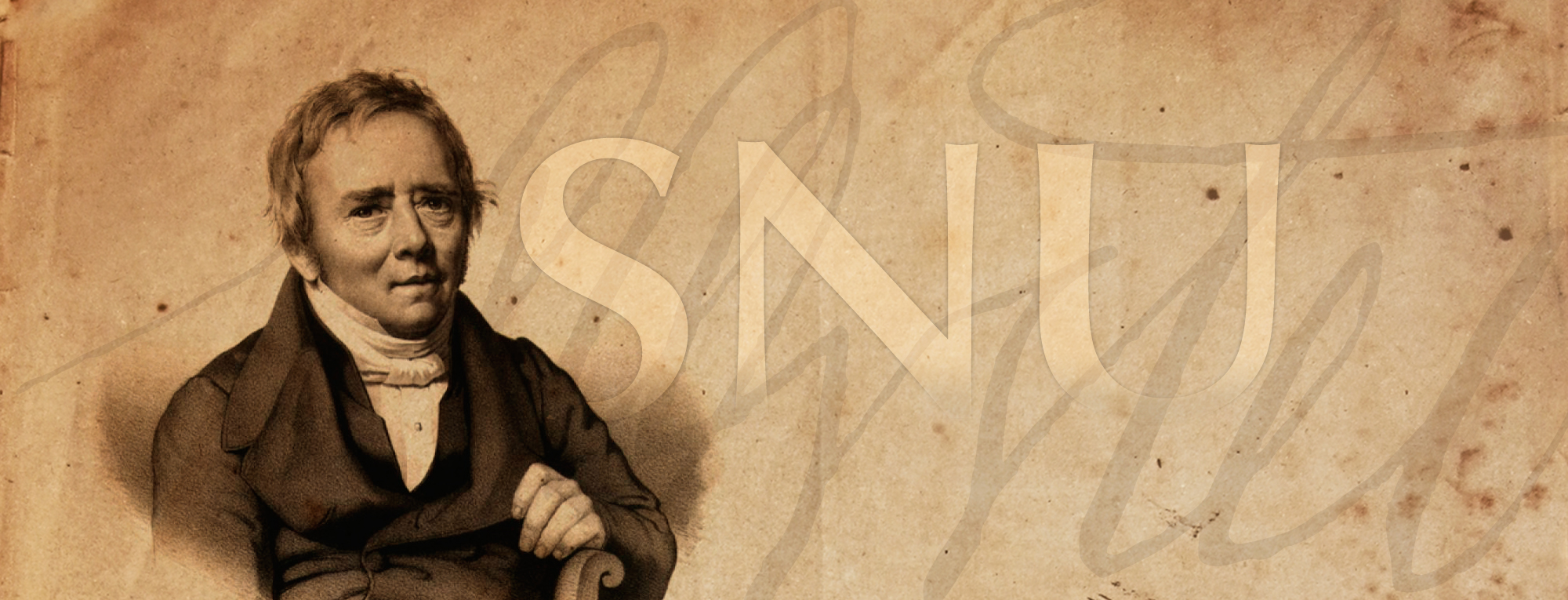Based on my biography of the immunologist and Nobel laureate Niels K. Jerne (Science as Autobiography: The Troubled Life of Niels Jerne, New Haven, 2003), I will discuss the research biography as an important genre if you want to understand science's Conditions of existence.
The researcher biography is an ancient genre, almost as old as the modern Na-turalism. Over the past 400 years, many thousands of research biographies have been written – most of them of course in English, German and French.
What is the purpose of writing a biography of a science researcher? Traditionally, the researcher biography has often been a tribute genre, a form of grave to a "great scientist", not seldom with more or less unexplained nationalist or professional subtones.
Other biographies have been written as a form of history writing. By putting an individual at the centre of the narrative, you create a fixed point from which it is possible to keep track of a complex science history.
Again, other biographies have been written as a kind of professional-didactic method – as a clever way to get students and the public to swallow the washer scientific pill by dressing the abstract content in a concrete narrative that motivates the reader. It should also not be forgotten that well-written research biographies can be read as fiction.
In my lecture, I would like to highlight one of the original aims of biographical lacing, namely that tales of a person's life and work can act as a kind of exemplary ethics. It is a theme that goes back to the ancient biographical tradition. Perhaps best known is Plutarch's dual biographies (Bioi paralleloi). Biographies of researchers can thus help raise questions about the purpose of research – not to contribute to the development of society or to the balance of payments – but to the personal development of hiin individuals. The researcher biography raises the question of what characterises a good research life.
